2025 How to Choose the Best Tire Bearings for Optimal Vehicle Performance
In the ever-evolving automotive industry, the choice of components can significantly influence vehicle performance, safety, and longevity. Among these, tire bearings play a pivotal role in ensuring smooth rotation and minimizing friction between the tire and the vehicle's axle. According to a report by MarketsandMarkets, the global automotive bearings market size is projected to reach USD 20.4 billion by 2025, indicating a growing emphasis on high-quality components such as tire bearings.
Selecting the best tire bearing for your vehicle is not just about meeting manufacturer specifications; it’s about enhancing overall driving experience and performance. A recent study by the Society of Automotive Engineers highlights that suboptimal bearings can lead to increased wear and tear on both tires and axles, resulting in higher maintenance costs and reduced vehicle efficiency. With advancements in material science and engineering, modern tire bearings are designed to withstand higher loads and provide better noise and vibration dampening, thus significantly contributing to vehicle dynamics.
As car enthusiasts and vehicle owners seek to maximize performance without compromising safety, understanding the nuances of tire bearings becomes imperative. This guide aims to delve into the critical factors to consider when selecting tire bearings, ensuring your vehicle operates at its optimal performance level.
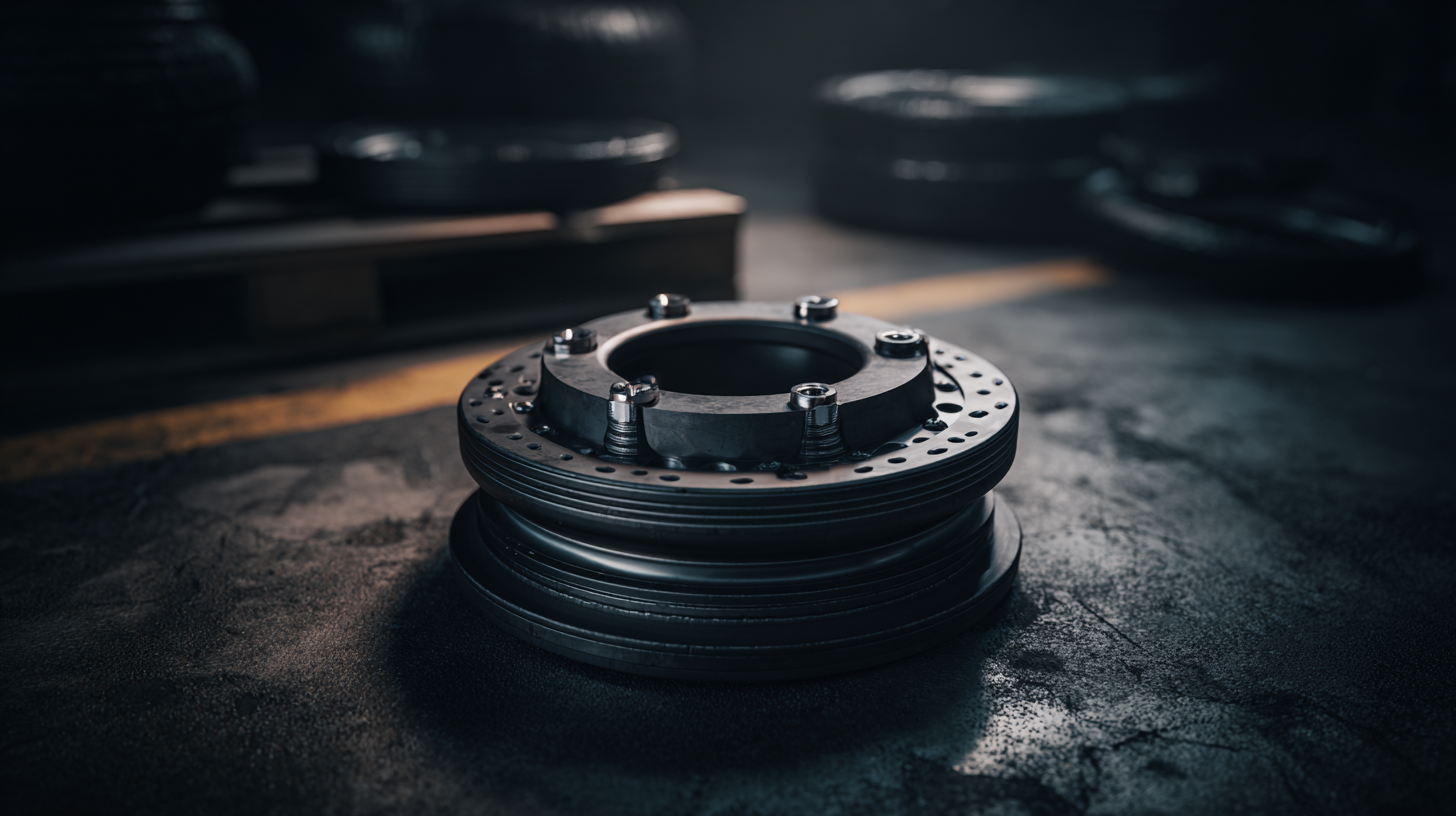
Understanding the Different Types of Tire Bearings and Their Functions
When it comes to selecting tire bearings for optimal vehicle performance, understanding the different types and their functions is crucial. There are mainly two types of tire bearings: ball bearings and roller bearings. Ball bearings are designed to handle both radial and axial loads, making them ideal for high-speed applications. According to a report by the American Bearing Manufacturers Association (ABMA), ball bearings can reduce friction by up to 30%, which significantly enhances vehicle efficiency and performance.
On the other hand, roller bearings are better suited for heavy-load scenarios due to their larger contact area, resulting in increased stability and load distribution. A study by the International Journal of Vehicle Design found that using high-quality roller bearings can improve overall vehicle handling by 15%, particularly in off-road conditions. Each type of bearing has its own strengths and weaknesses, and the right choice depends on the specific demands of your vehicle and driving conditions.
By understanding these differences, vehicle owners can make informed decisions that lead to improved performance and longevity.
Key Factors to Consider When Selecting Tire Bearings for Your Vehicle
When selecting tire bearings for your vehicle, several key factors must be taken into consideration to ensure optimal performance. Firstly, the type of vehicle plays a crucial role; heavier vehicles typically require bearings that can withstand more weight and stress. In addition to weight, consider the driving conditions you frequently encounter. Off-road or rugged environments demand durable bearings that can handle more strain and resist wear over time.
Another essential factor is the compatibility of the tire bearings with your vehicle's existing components. Ensuring that the size and specifications match is vital to prevent any operational issues. Additionally, look for bearings made from high-quality materials that offer better resistance to corrosion and heat, which can enhance their longevity. Finally, always factor in the manufacturer’s reputation and warranty, as reliable brands often provide better assurance of quality and support should any issues arise. Prioritizing these elements can significantly enhance your vehicle's performance and drive quality.
Comparing Material Options for Tire Bearings: Pros and Cons
When selecting tire bearings for optimal vehicle performance, material choice plays a crucial role. Traditional materials such as steel offer excellent strength and durability, making them a popular choice for many drivers. Steel bearings typically withstand high loads and provide reliable performance over time. However, they can be prone to rust and corrosion, particularly in harsh weather conditions, which may diminish their lifespan and efficiency.
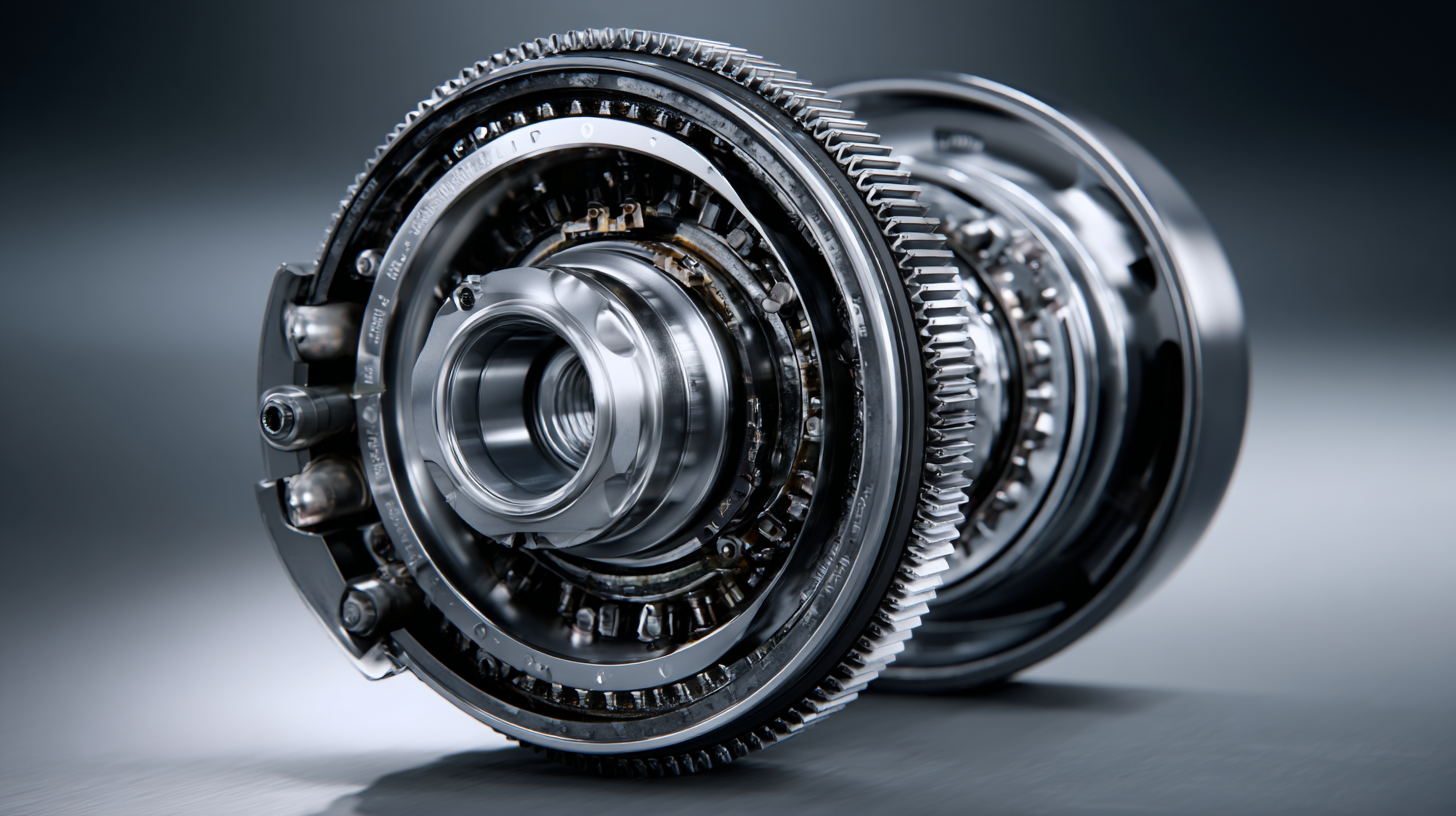 In contrast, advanced materials like ceramic and polymer composites are gaining traction in the automotive industry. Ceramic bearings, known for their lightweight and low friction properties, enhance fuel efficiency and reduce noise. They are also resistant to temperature fluctuations and corrosive elements, making them ideal for high-performance vehicles. On the other hand, polymer bearings provide an excellent balance between weight and strength, often at a lower cost. However, they may not withstand extreme loads as effectively as steel options. Ultimately, considering these material pros and cons is essential for making an informed decision that aligns with specific driving needs and conditions.
In contrast, advanced materials like ceramic and polymer composites are gaining traction in the automotive industry. Ceramic bearings, known for their lightweight and low friction properties, enhance fuel efficiency and reduce noise. They are also resistant to temperature fluctuations and corrosive elements, making them ideal for high-performance vehicles. On the other hand, polymer bearings provide an excellent balance between weight and strength, often at a lower cost. However, they may not withstand extreme loads as effectively as steel options. Ultimately, considering these material pros and cons is essential for making an informed decision that aligns with specific driving needs and conditions.
How Tire Bearing Quality Affects Vehicle Performance and Safety
Tire bearings play a crucial role in determining vehicle performance and safety. Quality bearings contribute to the smooth operation of the vehicle, ensuring optimized wheel alignment and reducing friction between moving parts. According to a study by the Society of Automotive Engineers (SAE), approximately 30% of rolling resistance in a vehicle can be attributed to subpar tire bearing quality. This resistance can significantly hamper fuel efficiency, reducing overall performance while increasing operational costs.
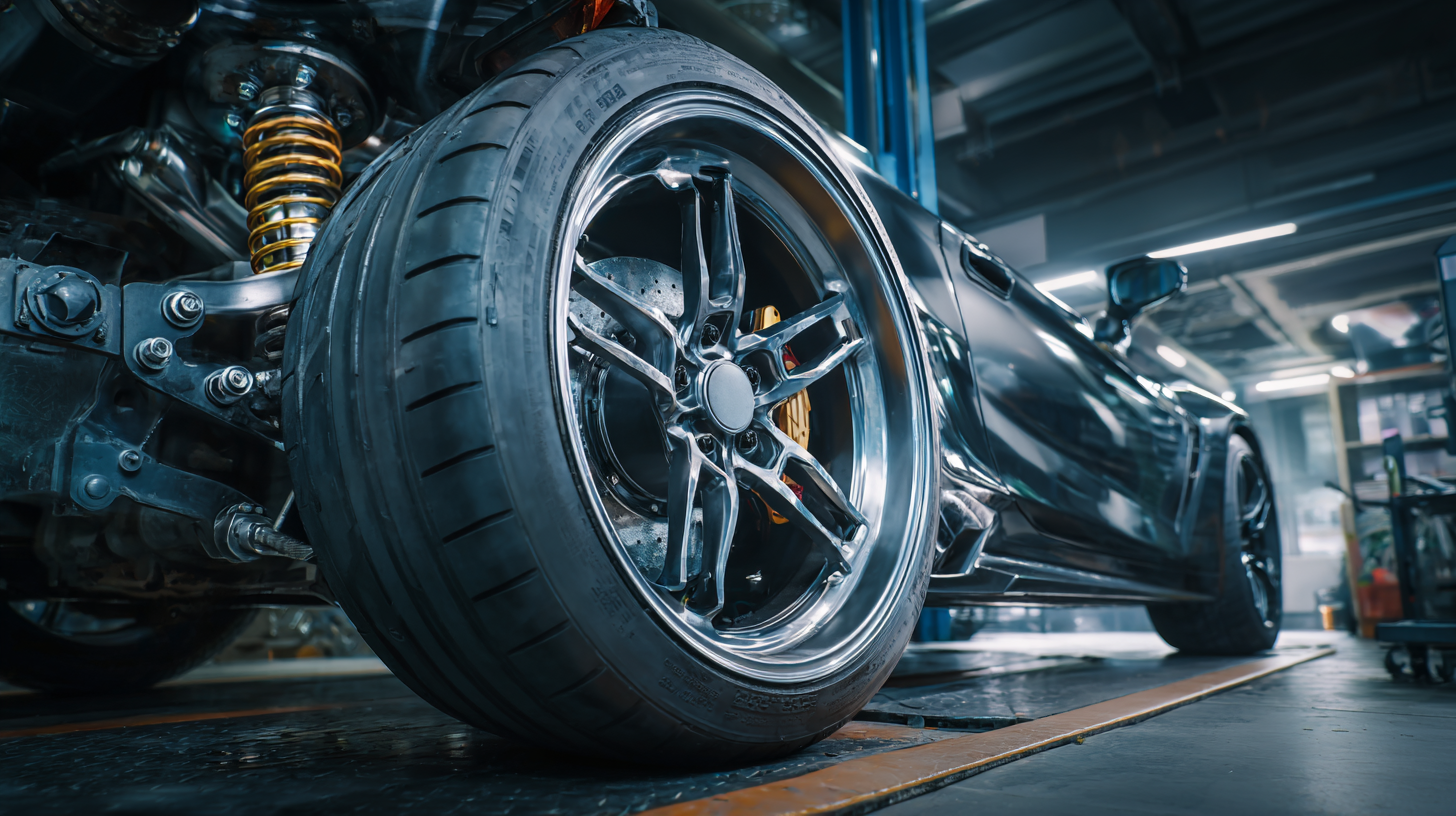
Furthermore, the integrity of tire bearings is directly linked to vehicle safety. A report from the National Highway Traffic Safety Administration (NHTSA) highlights that faulty bearings are a leading cause of wheel detachment, which can result in catastrophic accidents. Vehicles equipped with high-quality, precision-engineered bearings demonstrate a 40% reduction in such failures compared to those with lower-quality alternatives. This emphasizes the importance of selecting the best tire bearings to not only enhance driving performance but also ensure the safety of all road users.
Maintenance Tips for Extending the Life of Your Tire Bearings
Maintaining tire bearings is crucial for ensuring optimal vehicle performance, as they play a significant role in the overall efficiency and safety of your vehicle. According to a report by the Society of Automotive Engineers (SAE), properly maintained bearings can increase a vehicle's fuel efficiency by up to 10%. Regular maintenance not only enhances performance but also extends the life of tire bearings, reducing the need for costly replacements.
Tips for extending the life of your tire bearings include regular inspections and lubrication. Make it a habit to check your tire bearings at least every 5,000 miles or during oil changes. Look for signs of wear such as excessive play or noise, which can indicate that bearings are starting to fail. Additionally, keeping your bearings well-lubricated can prevent overheating and reduce friction, allowing them to last longer. Use high-quality lubricant specifically designed for automotive applications to ensure optimal performance under various driving conditions.
Another important tip is to pay attention to your driving habits. Sudden stops, sharp turns, and overloading your vehicle can all put extra stress on tire bearings. According to a study by Tire Research International, aggressive driving can lead to a 30% reduction in bearing lifespan. Therefore, adopting smoother driving techniques and avoiding unnecessary weight in your vehicle can significantly help in preserving the integrity of your tire bearings.
2025 How to Choose the Best Tire Bearings for Optimal Vehicle Performance
This chart illustrates the average lifespan and performance ratings of various types of tire bearings commonly used in vehicles.
Related Posts
-
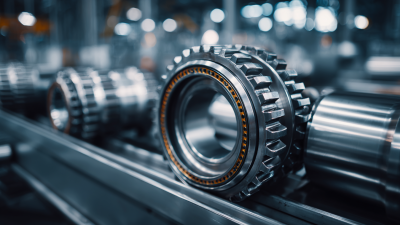
7 Essential Tips for Choosing the Right Rear Bearing for Your Production Needs
-

How to Choose the Right Tyre Bearing for Your Vehicle Needs
-
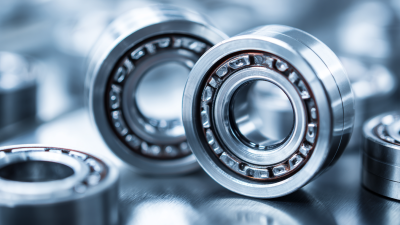
The Future of Groove Bearings in Sustainable Engineering Solutions
-
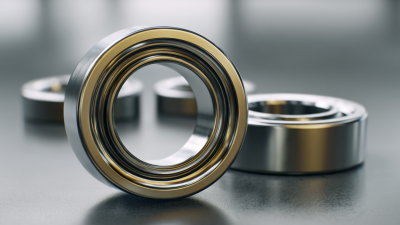
How to Choose the Perfect Real Bearing for Your Industrial Applications
-
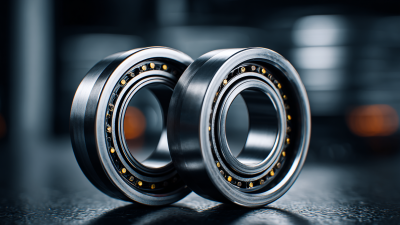
10 Facts About Real Bearing for Optimal Performance in Your Machinery
-

7 Essential Tips for Choosing the Best Pillar Bearing for Your Needs